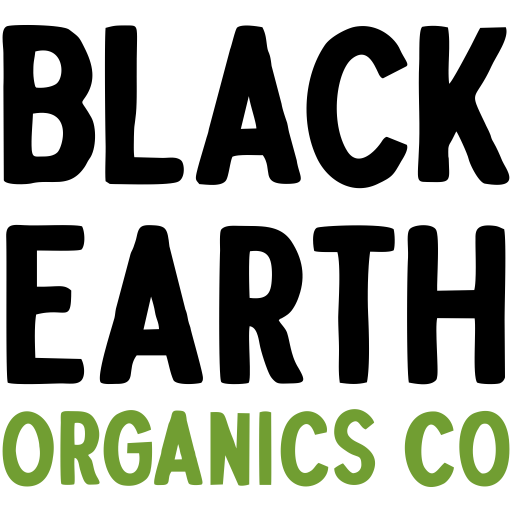Our Environmental Impact
How Our Organic Practices
Make a Difference

Improvement of Soil Health

Reduction of Chemical Run-Off
By avoiding synthetic pesticides and fertilizers, we significantly reduce harmful chemical run-off into our waterways. This protects aquatic ecosystems and ensures that our water remains clean and safe for all forms of life, including humans.

Carbon Sequestration

Biodiversity Preservation
We prioritize biodiversity by maintaining a variety of plant and animal species on our farms. This not only creates a balanced ecosystem but also enhances resilience against pests and diseases, promoting a more sustainable agricultural system.

Reduce Exposure to Toxins
Organic farming reduces the exposure to harmful toxins for both farmers and consumers. By choosing organic, you support a healthier lifestyle free from the risks associated with synthetic chemicals and genetically modified organisms.

Educational Impact
We believe in the power of education. Our initiatives include awareness campaigns and practical training sessions for farmers and consumers alike. This empowers communities with the knowledge and skills needed to adopt sustainable practices and make informed choices.




